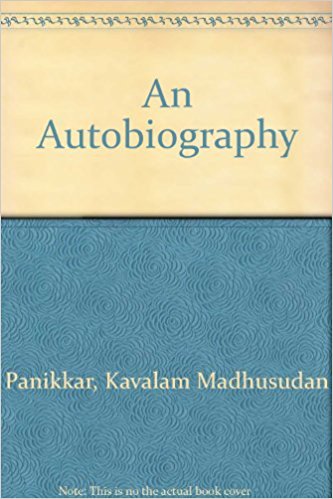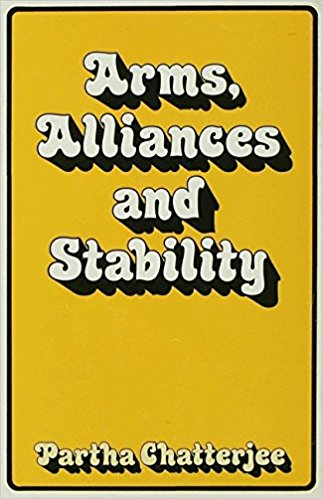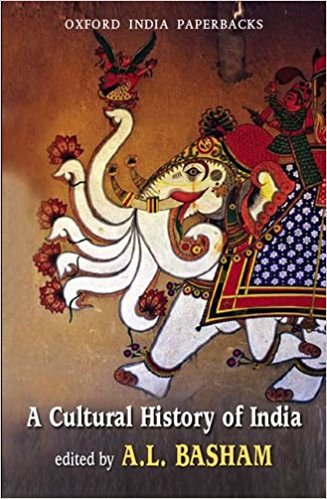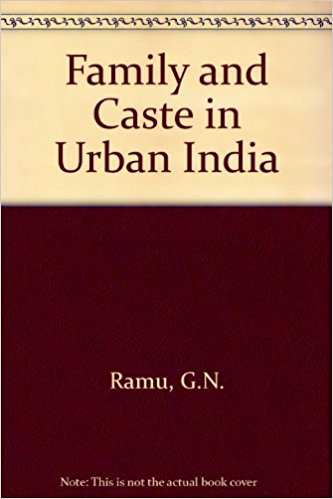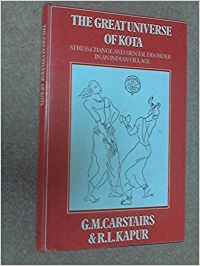The advent of the Janata Party was not foreseen when Bepin Behari published his book, but the Party’s emphasis since it came to power on what can be identified as a Gandhian approach to the problem of rural poverty in India makes the book topical. He quotes Gandhi: ‘I would favour the use…
Archives
July-August 1977 . VOLUME 2, NUMBER 4Excesses of the Emergency is a much¬ battered cliche, but a post-Emergency excess—in both senses of the word—for which no Shah Commission is possible is the flood of books on it. These have come in all shapes and sizes and they do not please, as Keats said poetry should, ‘by a fine excess’…
Librarianship is a comparatively new discipline not only in India but also in the western countries. Though libraries and communication of information date back to the early days of our civilization, systematic approach to librarianship or information organisation, retrieval and dissemination is a recent phenomenon.
Panikkar was one of the most colourful personalities, quzzical, combative, suggesting the cardinal statesmen of France, and equal to Machiavelli in his knowledge of diplomacy.
Mulk Raj Anand’s first novel Untouchable was published in 1935. Anand, then a Bloomsbury intellectual, had written the first draft in 1929, while living in Sabarmati Ashram with Mahatma Gandhi…
In ancient times, the Chinese said that ‘at the time of inspiration’, the poet flew from one world to another, ‘riding on dragons’. This sudden great flight or leaping up out of the conscious world of rational perception into the fantastic realms of the subconscious is what gives good poetry its peculiar force and its fascinating charm…
This is a study that attempts to deal with too many topics. Although there is much to the argument that an understanding of the current international system presupposes a knowledge of history, Chatterjee has put together an incoherent mixture of ideas…
The book under review is a reprint, with a short editorial introduction, of Wickenden’s Report on the Disturbances of 1942-43. This secret document from the old files of the British Government has been published for the first time, since this ‘important’ document, according to the editor ‘remains unutilized by scholars and historians of Indian Freedom struggle’…
One of the most helpful conceptual tools for taking up the study of any culture, so that the basic orientation of its ethos will be immediately understood and will illuminate the further study of the facets, is Piterim Sorokin’s categorization. In the ideational culture, temporal existence…
A Cultural History of India is a series of articles by some well-known historians, archaeologists and linguists. In this volume they have made a critical appreciation of India’s cultural life from the earliest times to the present day and packed it with information on a variety of subjects…
The family is the vehicle, the acculturating medium through which the norms, values, and sentiments of the wider society are articulated and expressed. In Family and Caste in Urban India based on a study conducted in the Kolar Gold Fields (KGF) in Karnataka, the author traces with incisive analytical ability…
Professor Carstairs is best known in India for his study of personality formation in a traditional Hindu society—The Twice Born. That study dealt with the social determinants of a ‘normal’ personality and relied mostly on an imaginative use of the clinical method.
‘Are you Woodward or Bernstein?’‘Neither, they are both in America’, replied John, thus killing, once and for all, an altogether inappropriate comparison between the Watergate reporters and the authors of Delhi Under Emergency. It was perhaps inevitable that this superb piece of investigative journalism, a rare specimen in India, by two young and relatively unknown journalists, would be compared to the Watergate story…



